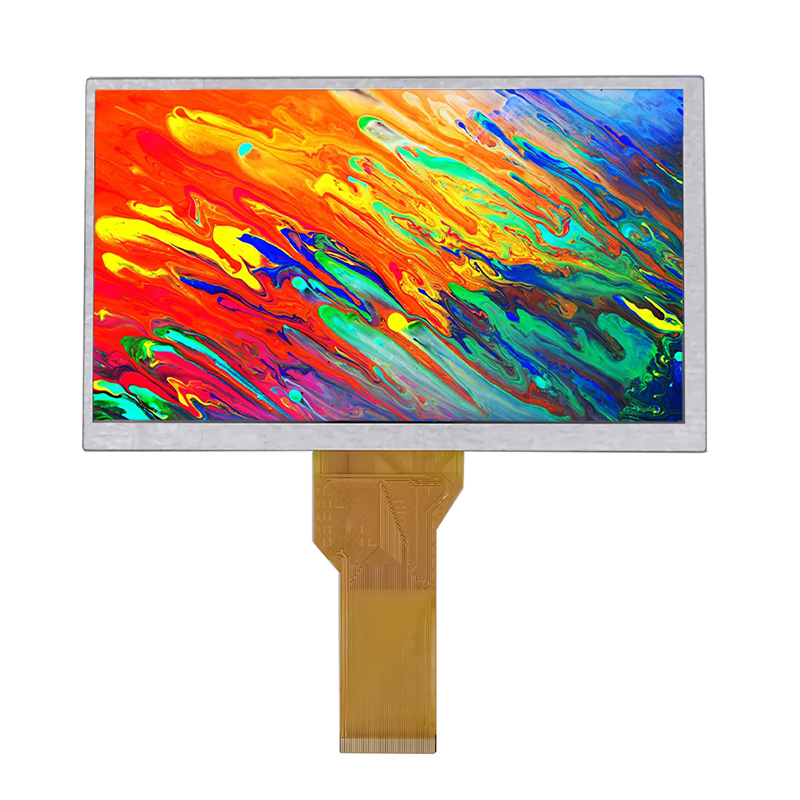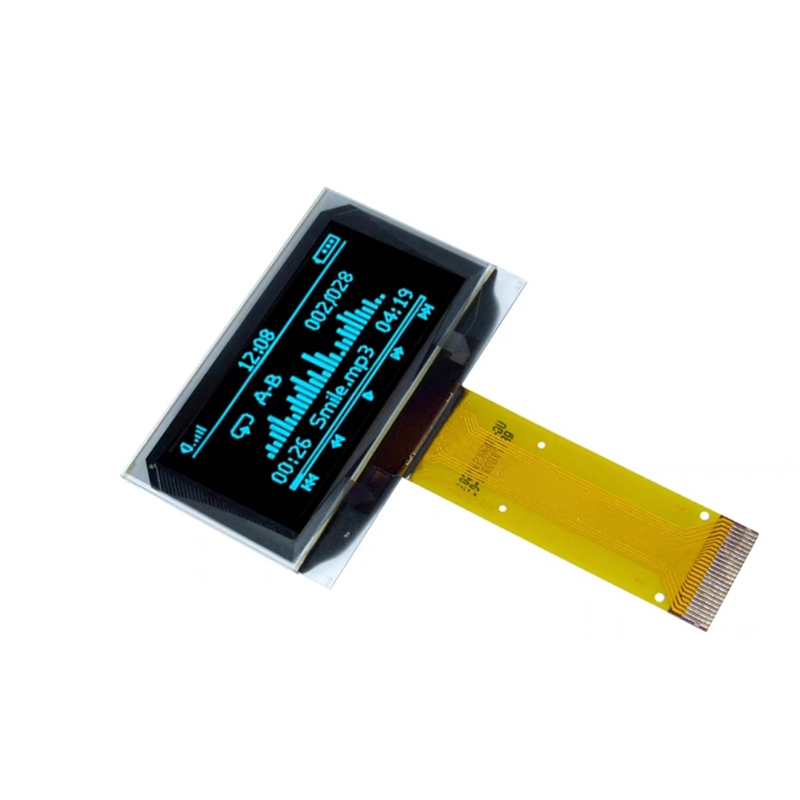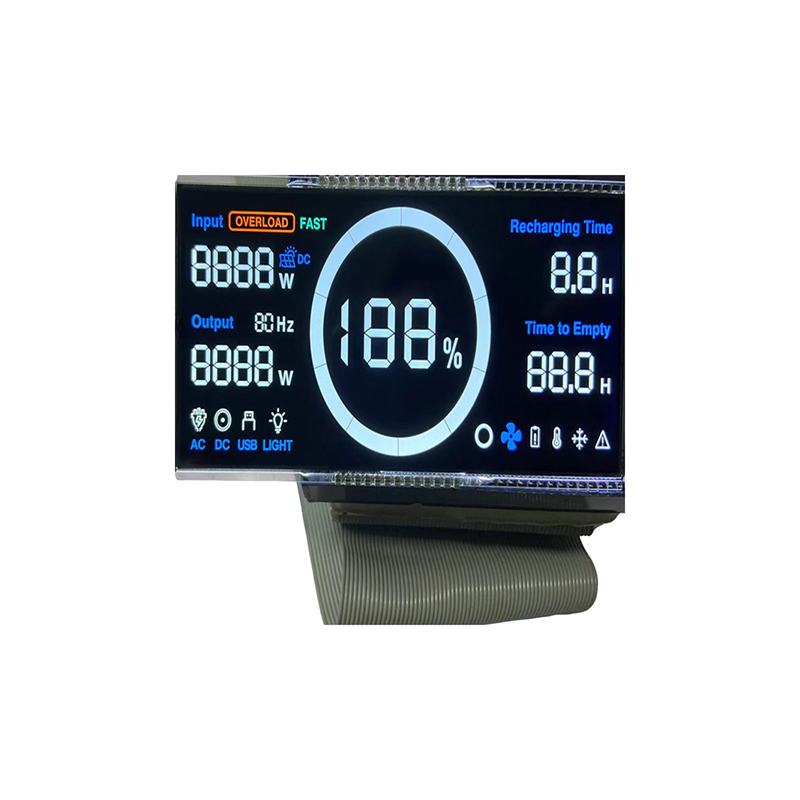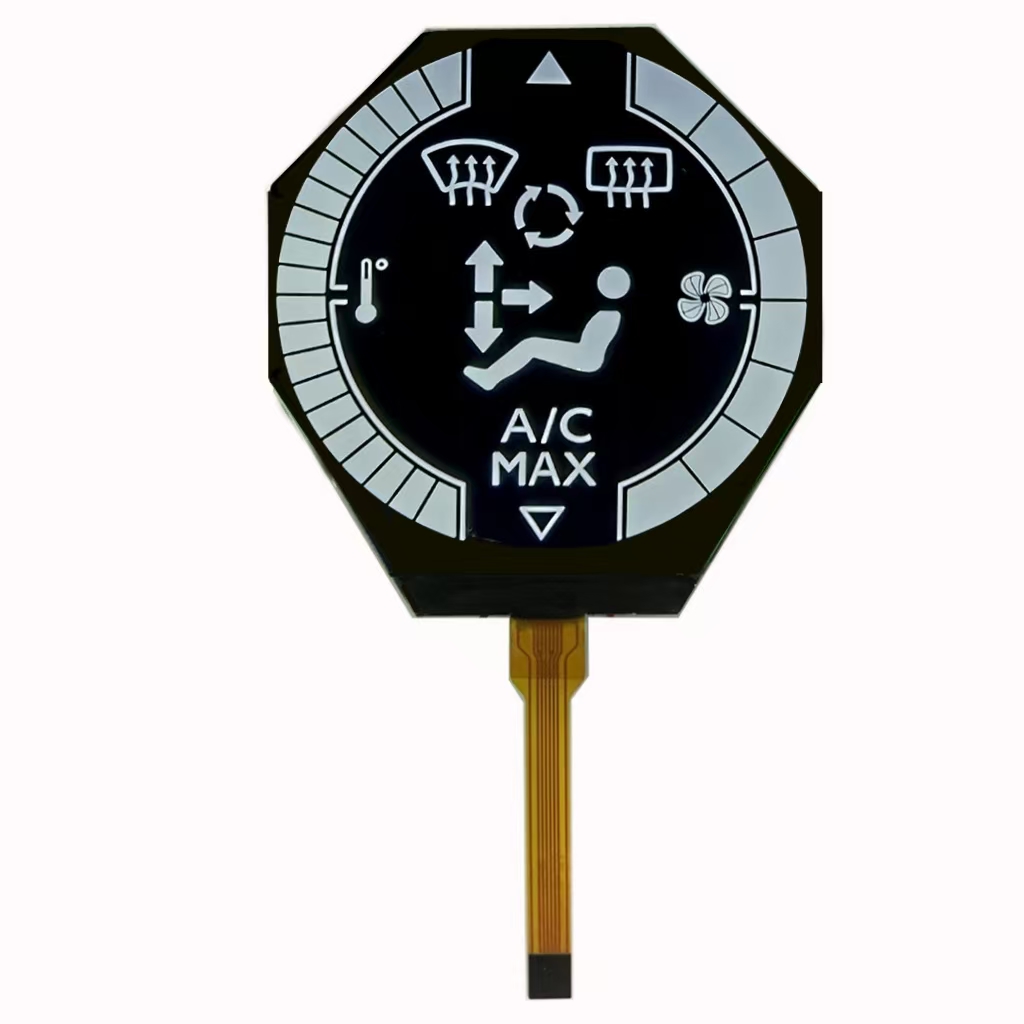RLCD: A Comprehensive Guide to Reflective Liquid Crystal DisplaysUnderstanding Reflective Liquid Crystal Displays (RLCDs)This article provides a comprehensive overview of reflective liquid crystal displays (RLCDs), exploring their technology, applications, advantages, and disadvantages compared to transmissive LCDs. We'll delve into the specifics of how RLCDs work, their various types, and where they find the most practical use. We will also compare key features and specifications to help you choose the right display technology for your needs.
What are Reflective Liquid Crystal Displays (RLCDs)?
Reflective Liquid Crystal Displays (
RLCDs) are a type of LCD technology that utilizes ambient light for illumination. Unlike transmissive LCDs, which require a backlight,
RLCDs reflect external light sources, resulting in lower power consumption and improved visibility in bright environments. This characteristic makes them ideal for applications where battery life is critical or where direct sunlight might wash out a transmissive display. The light source is reflected from a reflective layer behind the liquid crystal layer. This creates the image.
How RLCDs Work
The basic working principle of an
RLCD is similar to that of a transmissive LCD, but with a key difference. A transmissive LCD uses a backlight to illuminate the liquid crystals, while an
RLCD uses a reflector to reflect ambient light. The liquid crystals themselves modulate the polarization of the light, creating the image. This process creates an image that is less energy intensive. The efficiency is particularly noticeable in comparison to transmissive LCDs used in similar applications.
Types of RLCDs
Several types of
RLCDs exist, each with its own advantages and disadvantages: Twisted Nematic (TN)
RLCDs: These are the most common type of
RLCDs, offering a good balance of cost and performance. They are typically less expensive but may suffer from viewing angle limitations. In-Plane Switching (IPS)
RLCDs: IPS
RLCDs offer wider viewing angles and better color reproduction than TN
RLCDs but come at a higher cost. Vertical Alignment (VA)
RLCDs: VA
RLCDs are known for their high contrast ratio and deep blacks, but their viewing angles can be limited.
Advantages and Disadvantages of RLCDs
| Feature | RLCD | Transmissive LCD |
| Power Consumption | Low | High |
| Brightness | Dependent on ambient light | Consistent |
| Readability in Sunlight | Excellent | Poor |
| Cost | Can be higher depending on type | Generally lower |
Applications of RLCDs
RLCDs find applications in various industries where power efficiency and sunlight readability are critical. Examples include: Electronic shelf labels (ESLs):
RLCDs are used extensively in retail settings for dynamic pricing and promotional information, offering significant energy savings compared to traditional LED solutions. Portable devices: The low power consumption of
RLCDs makes them suitable for use in handheld devices, e-readers, and calculators. Outdoor signage: Their high visibility in direct sunlight makes
RLCDs ideal for outdoor displays.
Choosing the Right RLCD
Selecting the appropriate
RLCD requires careful consideration of factors such as viewing angle, contrast ratio, resolution, size, and power consumption. For specialized requirements, consider consulting a display technology expert. Remember to evaluate the specific needs of your application to find the perfect fit. For high-quality
RLCDs and related display solutions, consider exploring options from leading manufacturers like
Dalian Eastern Display Co., Ltd. They offer a wide range of display solutions for diverse applications.
Conclusion
Reflective liquid crystal displays (
RLCDs) present a compelling alternative to transmissive LCDs in specific scenarios. Their unique features, such as low power consumption and superior readability in bright light, make them suitable for numerous applications. Understanding the various types and their respective advantages and disadvantages allows for informed decision-making in selecting the ideal
RLCD for your needs.













